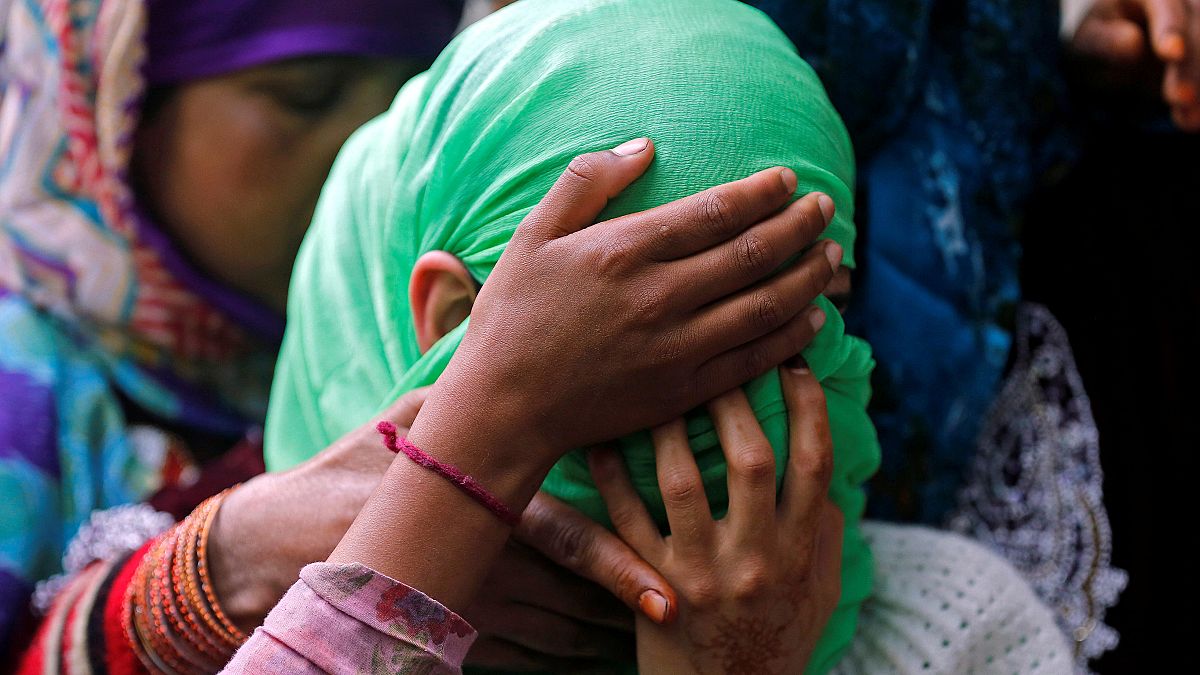A multi-faith five-judge bench said it will look at whether the practice is "fundamental" to the right to Islam, according to local reports.
Judges in India have begun examining a Muslim practice that allows men to instantly end their marriage by repeating the word ‘divorce’ three times.
Women’s rights groups launched the case at the Supreme Court, arguing the divorce method, which is only available to men, violates women’s right to equality.
A multi-faith five-judge bench said it will look at whether the practice is “fundamental” to Islam, according to local reports.
The Indian government supports the court hearing, which has been opposed by some Muslim groups who have accused the state of interfering in religion.
5 judges of 5 faiths on SC's triple talaq bench; hearing to begin todayhttps://t.co/lEL44Oby6Rpic.twitter.com/Icvu5hfMiD
— Times of India (@timesofindia) May 11, 2017
Supreme Court to commence hearing on triple talaq from tomorrow
Read more at https://t.co/VGBTWmHJ0Ypic.twitter.com/D5CD65Ircw
— Times of India (@timesofindia) May 10, 2017
The practice currently allows a man to divorce his wife by simply repeating in Urdu “triple talaq” three times.
There have been reports of women being divorced over text, Facebook and Skype.
One of the petitioners Farah Faiz said triple talaq is not a form of divorce recognised in the Quran.
The hearing is expected to be completed by May 19 and a verdict due in June.
#TripleTalaq: How it affects lives of India's 90 million Muslim women. https://t.co/aU8ku93pecpic.twitter.com/6r434AYcBT
— India Today (@IndiaToday) May 11, 2017
Muslims are India’s largest religious minority, making up more than 13% of the 1.2 billion population.
They are among the most excluded and marginalised communities, with social indicators such as education and employment lower than the national average.
In matters of inheritance, marriage, family and divorce, women in India are governed by Muslim personal law, based on Sharia, or Islamic law.
Despite the law, it is largely local customs and traditions that determine inheritance rights for Muslim women across India, which are mainly in favour of men. .
